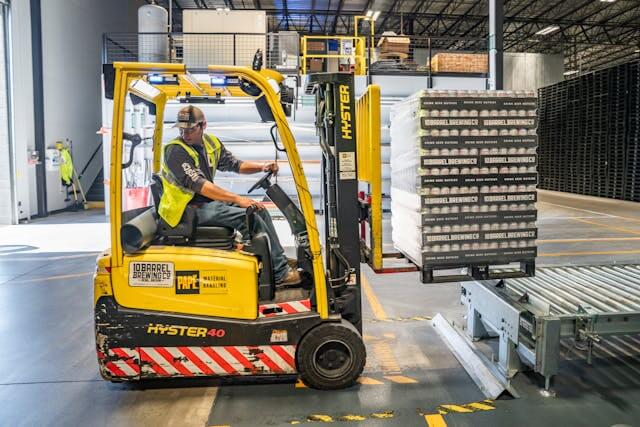It’s easy to speak of manufacturing as if it were all one discipline with very basic necessities you must always utilize. But the truth is that not all manufacturing will need to follow the same standards and methodologies as the next. For example, a company that manufactures food products will require much more focused hygienic standards and practices relating to all levels of the process, compared to a car manufacturer where this is still important for quality, but less important for consumption.
Moreover, some products, and thus some processes, are more fragile than others. For example, producing products with highly complex geometrical shapes and fragile storage needs, such as vases, may require more attention to manage and reduce breakage.
What are the main pillars for a company to sustain regarding this process? Let’s consider this, below:
CNC Machining Services
CNC machining can help you sustain the best manufacturing especially as it relates to very complex practices and products. These machines are designed to produce parts or products with high accuracy, which ensures they’re a staple for industries working with intricate designs or specific tolerances.
While it might seem like CNC machines can work on autopilot, they need attention to keep performing well. That’s because in highly sensitive environments tools can wear out, machines need regular calibration, and necessary adjustments to programming help avoid errors especially if manufacturing at scale. That’s why services such as Dadesin are considered in such regard.
Storage & Security
After production, how products are stored can make or break their quality. This often means paying careful attention to creating the right environment for what you’re keeping.
Moreover, fragile items like glassware need protective setups to avoid unnecessary damage. Food products will too require temperature control to stay fresh. Even something like metal components can suffer if exposed to humidity or poor handling, air flow must be managed, and storage must be handled at every level to ensure a worthwhile outcome. This also goes for how you store and safeguard your products, such as the locks on your refrigerators or how you mark biological products as opposed to standard items.
Check-in systems can also make certain you track stock at every level to help reduce thefts or at least identify the temperatures at certain levels of the logistics process. In other words, this can grant you a great deal of control over your process while letting you know where to make improvements.
Specified Logistics
Moving products from one place to another introduces its own challenges, but it must be done if the product needs to be sold. Whatever process you use, it needs to account for speed, safety, and cost-effectiveness while minimizing risks like damage during transport.
This might mean choosing specialized packaging or partnering with logistics providers who understand the specific needs of what you’re shipping, while also having a history of doing so for like products and equipped with the exact equipment to do so. Delicate items, for example, will really require careful handling instructions, while large-scale shipments need efficiency to avoid delays such as seafood shipped from different countries to stock the restaurant trade.
With this advice, we hope you can more easily understand the most essential pillars to get right in any sensitive manufacturing process.
